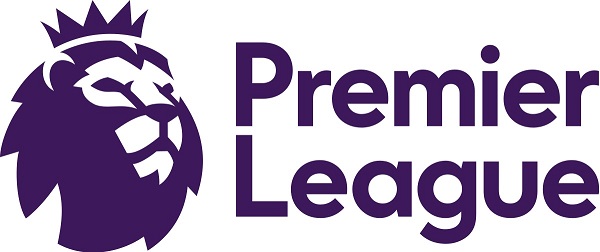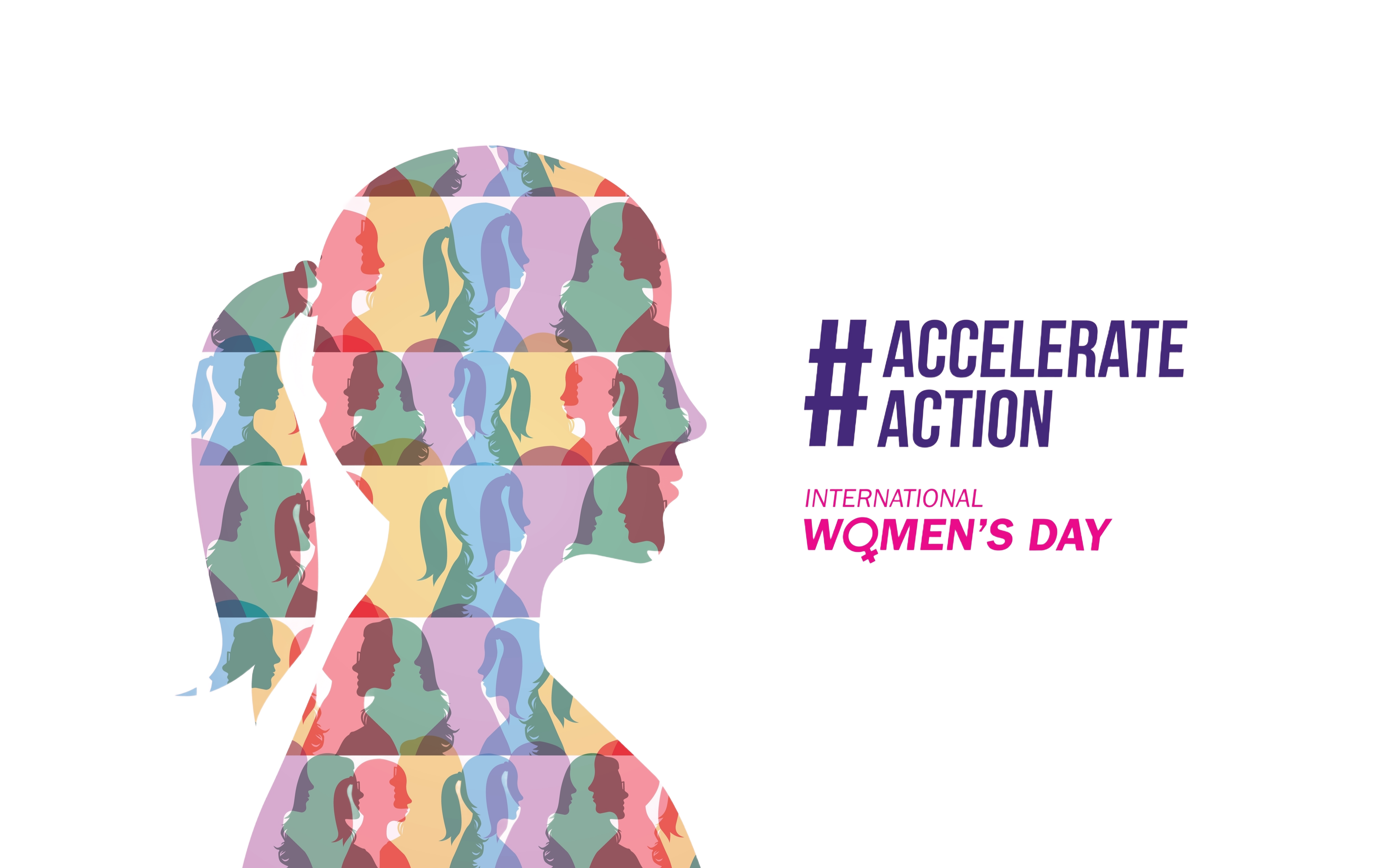Written by: Luka Jelčić
Watching sports on your smartphone, laptop, or tablet has never been easier – all you really need is a good internet connection. There is a number of different ways you could watch football, basketball or any other sport you like – applications, websites, streaming „boxes“. However, a number of these applications are illegal – they use copyrighted material without permission. Simply put, copyright infringement – streaming live sports – is not perceived as a criminal act, even though it should be.
The English top flight Football League – Premier League, has decided to actively battle this influx of copyright infringement.
On March 08, 2017 England and Wales High Court issue a ground-breaking decision: it has accepted an injunction against 6 major UK Internet Service Providers, concerning copyright infringement of Premier League copyrighted material on the internet.
Although the Claim has been filed by the Premier League, it was supported by 10 other rightholders:
- British Broadcasting Corporation and BBC Worldwide Ltd;[spacer height=”10px”]
- DFL Deutsche Fußball Lega GmbH;[spacer height=”10px”]
- Liga Nacional de Fútbol Professional;[spacer height=”10px”]
- The Football Association Ltd;[spacer height=”10px”]
- The Scottish Premier League Ltd;[spacer height=”10px”]
- The Football League Ltd;[spacer height=”10px”]
- England and Wales Cricket Board Ltd;[spacer height=”10px”]
- PGA European Tour;[spacer height=”10px”]
- The Professional Darts Corporation Ltd; and[spacer height=”10px”]
- Rugby Football Union.[spacer height=”10px”]
Claim was filed against 6 major ISPs:
- British Telecommunications PLC[spacer height=”10px”]
- EE Limited[spacer height=”10px”]
- Plusnet PLC[spacer height=”10px”]
- Sky Uk Limited[spacer height=”10px”]
- Talktalk Telecom Limited[spacer height=”10px”]
- Virgin Media Limited[spacer height=”10px”]
Interestingly, the Claim was supported by Defendants BT, EE, SKY UK and VIRGIN, while Plusnet has confirmed they support the application. TalkTalk has confirmed they do not oppose the application per se. The reasoning why the Defendants support the Claim is simple: they have their own interest for the injunction to be issued, as all of them are either licencees of the Premier League or have broadcasting and transmission rights. To put this into perspective, SKY and BT Sport have paid 6.1 billion EUR for 3 seasons of live Premier League TV rights (BBC, 2015)[1], ending in 2019.
The way the injunction is executed is the reason why it’s so interesting: The Injunction contains of a list of IP addresses on the servers (Target Servers) to which the Defendants must block access. The list of Target Servers is confidential. The Premier League has also identified a smaller set of „egregious“ infringing servers which should be blocked – the servers included in this subset must have the 3 following „qualities“:
- Predominant purpose to enable infringing streams;
- The Premier League must not know or have reason to believe the server is being used for any other substantial purpose;
- The third criteria is confidential.
The Decision is unique as the list of Target Servers are reset after each match-week during the Premier League season, which should enable new servers to be notified to the Defendants and to enable non-infringing use of the servers outside of match times.
The Decision is on a probation of sorts: it lasts from March 18, 2017 until May 22, 2017, which coincides with the end of the 2016/2017 Premier League season. The effectivness of the decision will decide whether it will be applied for the 2017/2018 Premier League season as well.
It’s not revolutionary to say Courts in general have trouble keeping up with new technologies. Illegal streams are available on most devices; including smart mobile phones and tablets. This means you only really need a wireless network for watching streams in high quality. The streaming has become a real problem for professional sports leagues and organizations, more so as most of the public (especially younger people) has the opinion that this kind of streaming is allowed and should not be prosecuted. A new study by SMG Insight shows that 54% of people aged 18-24 have watched illegals streams of live sports, and a third admits they are watching it regularly (SMG Insight, 2017)[2].
End of the 2016/2017 season will be crucial for assesing whether this kind of Injunction is effective, and whether it could be used in the future. The support of German, Spanish, Scottish leagues and other sports organizations only shows they have the intention to file similar actions themselves in the future.
The key element is blocking the actual servers rather than particular websites: most websites stream from the same source, and blocking the source should prove to be more effective. The Injunction shows the power of Article 8 (3) of the InfoSoc Directive, and its adaptability to the newest technologies.
Courts have an uneasy task of following newest trends in technology and this decision shows the Law can strike back against new challenges. It will be interesting to see whether this decision will slow down illegal streaming of live sports in UK.
[1] http://www.bbc.com/sport/football/31357409 [2] https://www.theguardian.com/sport/2017/apr/25/illegal-streams-live-sports-sports-industry-group






